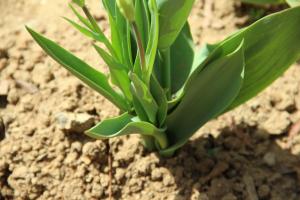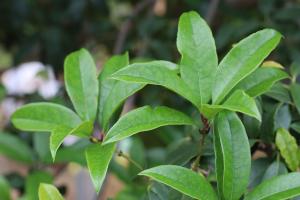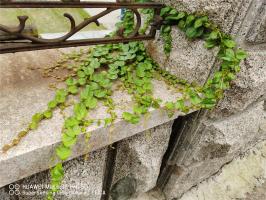What Does Water Wise Plants Mean?
Water wise plants refer to plants that can survive in regions with low water availability or limited access to water. These plants are specially adapted to conserve water and can thrive in dry or arid conditions.
Characteristics of Water Wise Plants
Water wise plants have several characteristics that allow them to survive in areas with limited water. Some of these characteristics include:
Deep roots that allow them to access water deep underground.
Waxy or hairy leaves that reduce water loss from transpiration.
Succulent leaves that store water for long periods of time.
Reduced leaf size to decrease water loss through evaporation.
Short life cycles that allow them to complete their life cycle before the dry season.
Benefits of Water Wise Plants
Planting water wise plants in your garden or landscape can provide several benefits, including:
Reduced water use: Since water wise plants are adapted to low water conditions, they require less irrigation than other plants.
Cost savings: By using less water, you can save money on your water bill.
Biodiversity: Water wise plants support a wider range of wildlife, including birds and pollinators, and can increase biodiversity in your garden.
Environmentally friendly: Using water wise plants can help reduce the strain on local water resources and promote sustainable gardening practices.
Examples of Water Wise Plants
There are many different types of water wise plants that can be used in gardens and landscapes. Some examples include:
Succulents, such as cactus and aloe vera.
Native grasses, such as buffalo grass and blue grama grass.
Shrubs, such as desert willow and sage.
Trees, such as mesquite and palo verde.
How to Care for Water Wise Plants
Caring for water wise plants is relatively easy once they are established. Here are some tips:
Water deeply but infrequently: Instead of watering frequently, give your water wise plants a deep soak once a week.
Use mulch: A layer of mulch around the base of the plant can help retain moisture and prevent evaporation.
Avoid overhead watering: Watering from above can increase the likelihood of fungal diseases. Instead, water at the base of the plant.
Prune regularly: Regular pruning can help keep your water wise plants healthy and prevent them from becoming overgrown.
In Conclusion
Water wise plants can be a great addition to any garden or landscape. Not only do they require less water, but they can also provide several benefits such as cost savings, increased biodiversity, and environmental sustainability. By choosing water wise plants and following simple care tips, you can have a beautiful and thriving garden while conserving water resources.

 how many times do yo...
how many times do yo... how many planted tre...
how many planted tre... how many pine trees ...
how many pine trees ... how many pecan trees...
how many pecan trees... how many plants comp...
how many plants comp... how many plants can ...
how many plants can ... how many plants and ...
how many plants and ... how many pepper plan...
how many pepper plan...
































